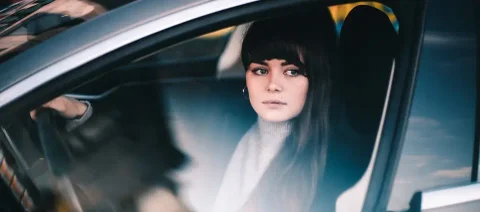Too much is never enough
Sustainability is about finding ways to deliver what we need in a way that is less harmful to the environment. It seems that every day we find out more about the destruction we are causing, and yet the amounts of plastic and CO2 continue to increase. Back in 1930 John Maynard Keynes famously forecast that the working week could drop 15 hours because technology would enable us to deliver everything we needed with minimum effort. Ninety years later, technology has transformed the way we work, and yet we are working ever harder to provide the things we want. So why are our levels of output and consumption accelerating just at the moment when we need to put the brakes on?
The answer could lie in the way we spend money. Keeping up with the Jones's costs. Many of our purchases are made to show status or feel like we are keeping up with expectations, and if the goal is to have a bit more than the person next to you, then there's no upper limit to the amount of stuff you will need, and thus the amount of effort that is required.

Once a luxury item becomes ubiquitous, it ceases to deliver status effectively, and the search for the next begins. The three top-selling electric vehicles in the US at the moment are amongst the most expensive - Teslas, famous for their luxury and road shredding acceleration beat more traditionally environmental versions under democratic parent brands like the Nissan Leaf - https://insideevs.com/lists/10-best-selling-electric-cars-us-2018/.
Why is this? Huxly believes there are two reasons. Firstly, the very fact that they are expensive makes them appealing as they are harder for others to acquire, secondly, they send a social signal of altruism and deserved wealth, perhaps attracting less resentful stares than the classic Porsche or Lamborghini driver.
If you actually want to travel in an environmental manner the best way is going to be by bicycle, rather than the environmental costs of building a new vehicle. Nonetheless, if you're a status-oriented consumer you'll need to be able to demonstrate that you're not pedalling because you're short of cash. Spending £1000 on a Brompton bike is another good way to demonstrate status and achieve your environmental goals, and Brompton bikes grew 15% last year as upmarket consumers seek ways to unite their desire for sustainability with status. https://www.ft.com/content/c8657f6a-f22f-11e7-b220-857e26d1aca4 .
At Huxly we devote time in our research to unpick the complexity of the way people think and behave. Our previous blog introduces the idea of motives that we hide effectively, even from ourselves.
We have a range of clever tools to get to the rich emotional, functional and social insights that underpin behaviour in the sustainability space. If making sustainability a winning strategy is a priority for your brand, get in touch - karen@huxlyglobal.com






















